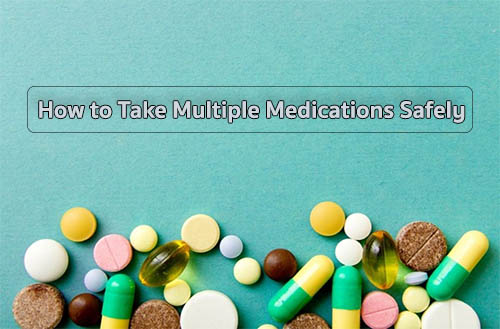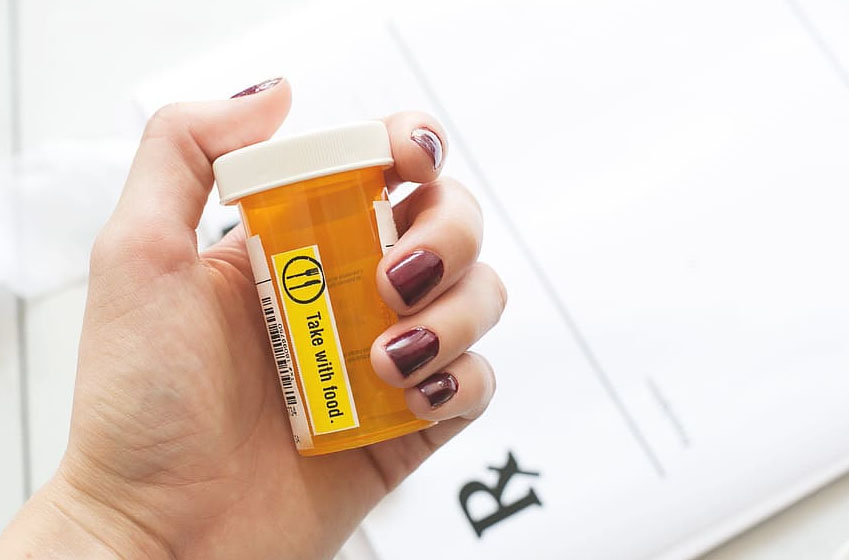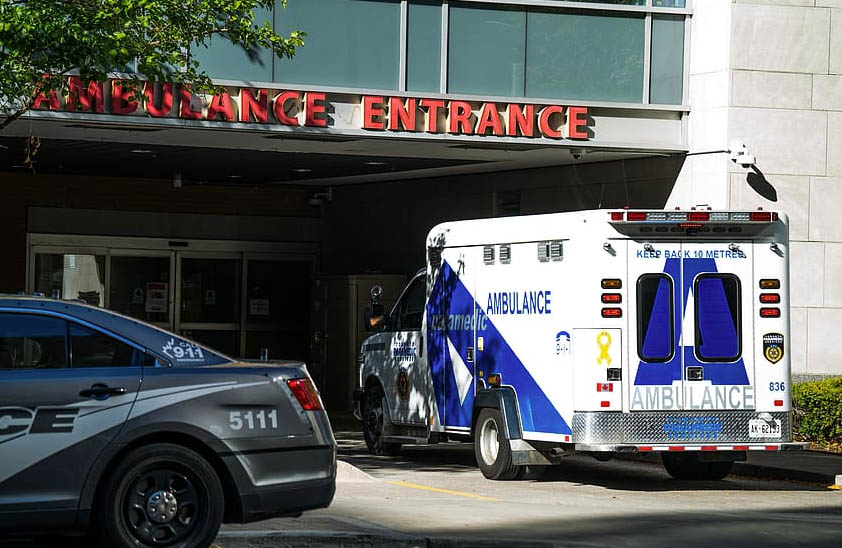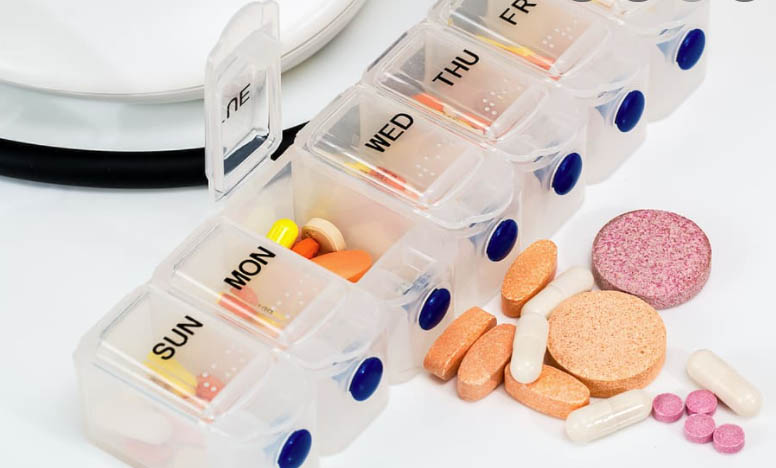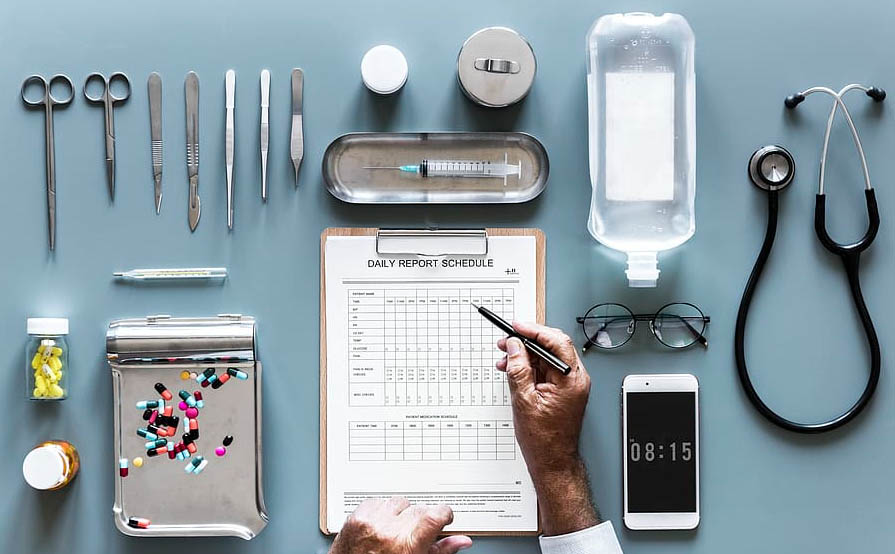If you are in a situation where you have to take multiple medicines, you need to be a little bit careful. To ensure you stay safe you have to stay on top of when each medicine is due to be taken, as well as taking it as directed. But there is always the possibility of side effects with the pills you take as well. Along with all of this, there is a risk of drug interactions. We offer you some handy tips to make sure you stay safe when taking multiple medicines daily.
Contents
Need to Take Multiple Medicines
As we all age the chances of requiring multiple drugs increases. You might be taking multiple drugs for a single condition or have several different conditions that need treatment.
Whatever your individual situation, making sure you take these different courses of medicines safely is very important.
What can go Wrong When Taking Multiple Medicines?
Caution should be taken if you need to take multiple prescriptions. Let’s look at some of the things that you could encounter if you have more than one prescription from your physician.
Side effects
While most drugs have a risk of side effects, these are normally minor or have a low probability. While the advertising or packaging might mention quite severe side effects for the medicine you are taking, the chances of this happening are very low.
However, the more medicines you take, the greater the chance of side effects. With more processes being applied to your body through the use of more medical treatments, the likelihood of side effects can only increase.
Common side effects encountered when taking medicine include:
- Minor skin problems like rashes
- Constipation
- Diarrhea
- Headache
- Dizziness
- Drowsiness
Drug Interactions
A drug interaction is where two medicines you are taking affect how each other perform. For example, it can sometimes be possible for a drug interaction between two medicines to make one of them more powerful. This will have the effect of being equivalent to a higher dosage being taken, and this could be a serious problem.
There can sometimes be interactions between a medicine you are taking and alcohol or even certain foods. While these effects can often be fairly minor, there can be a risk of serious complications that could even threaten your life.
Medicine Adherence
When you’re taking a lot of different pills, things can get confusing. With multiple medicines, the chances of a mix-up or forgetting to take a certain pill at the required time is always going to be a risk.
The cost of medicine is always a big problem as well. If your health plan has large copays, it can be difficult to afford all of the medicines you’ve been prescribed. This can lead to difficult decisions being made, with perhaps some prescriptions being ignored.
Overmedication
Sometimes you can end up taking pills that you don’t really need. The chances of this happening can increase if you have multiple healthcare providers writing your prescriptions.
Without you realizing it, you could find yourself being prescribed two different drugs for the same condition. If this were to happen, instead of your ailments being fixed, you could find new problems being added to your health. It could lead to you overdosing on the active ingredients in the meds.
If you have any concerns that this could happen, make sure your doctor knows the pills you are taking.
High-Risk Groups
Some people are more in danger of suffering from complications of multiple medicines than others, let’s look at the groups most likely to be affected.
Seniors
As we age, the way in which our body deals with medicines can change. With age, your ability for your body to function will decrease. This might mean medicines stay in your system for longer potentially leading to dangerous levels building up.
Many people suffer from memory issues with advancing years. This can make it more difficult to stay on top of your medication regime. Increasing the chances that you will miss a medicine being taken when it should, or confusing which pills you should take when.
Patients with five or more prescriptions
Naturally, you are going to be more at risk from suffering adverse consequences from multiple medications, the more prescriptions you are given. It will increase the chances of undesirable interactions and increase possible side effects.
More medications also mean more things to remember. You will have to remember the time they are supposed to be taken and how. It will be all too easy to confuse pills if you have more to take every day.
Using different healthcare professionals
If you see a few different doctors, you can be at risk of mistakes occurring between them. While they aren’t making mistakes themselves, the different treatment choices could contradict each other or over-treat the problem.
Hospital stays
If you have to spend some time in hospital, you will be treated by different doctors. These doctors may not be as familiar with your medical history as they should be, which could lead to complications with your medicines.
This can also be a problem in emergency medicine. If a doctor has to treat a patient without being able to get a full history or having the time to do so, they aren’t going to know what medications that patient is taking. This can result in serious side effects when the patient is already suffering greatly.
How to Stay Safe with Multiple Medicines
There are many steps you can take to ensure your risks are reduced when you have multiple prescriptions from your doctor. We’ll look at some of the things you can do to reduce your chances of problems and make sure your health improves when you are on a lot of different medications.
Keep a list
Make sure you keep an up-to-date list of all the medicines you take. This includes over-the-counter medicines as well as prescription medicines, and you should mention food supplements too.
Ideally, you will have two copies of this medicine list. One that you will keep at home with your medicines and the other that you will keep with you when you go out in a wallet or purse.
Stay organized
It is easy to get confused when you have a lot of pills to take every day. There are a few things you can do to avoid this confusion. Pill organizers work well, allowing you to place the pills you have to take in separate compartments, to help you make sure you take the right pills at the right time.
If you have different pills to take at different hours of the day, you can mark compartments appropriately and place pills in them in advance. Some pharmacies will do this for you, packaging up your pills in little bags with the date and time written on them for when they should be taken.
There are other ways of remembering your pills as well, like keeping a written record, color coding your medicine bottles, and even using an automatic pill dispenser. Whichever option you choose, this removes any doubts if you can’t remember whether you took your pills, saving you from taking too many, or missing out on a dosage.
Have your medicines reviewed
When you see your doctor or speak to a pharmacist, check that you still need to take older prescriptions, and check that there aren’t any interactions with new treatments. It might be possible to reduce the dosages you are on for older medicines, as well. If you have a list of all your medications this will help.
Don’t be afraid to ask
If you have any concerns or you aren’t entirely sure about a new medicine you are being prescribed make sure you ask about it. Make sure the healthcare professional knows about other medicines and supplements you are taking to avoid unforeseen interactions.
Side effects
If you experience any side effects that are more than something minor, let your healthcare provider know. It can be tempting to simply stop taking some medication that is causing you problems, but you should contact your doctor first.
Follow advice
Make sure you stick to the advice you have been given about taking your meds. If you have any concerns or aren’t completely sure of what you are supposed to do, ask your physician or pharmacist for clarification. Don’t stop taking your pills or miss doses because you are unsure about why you are taking your pills or when they should be taken.
Hospital stays
If you are going to be in hospital for a while, make sure you bring your list of medications with you. If possible, make sure your doctor is well aware of the medicines you are on when you first arrived at the hospital.
When Should You Call Your Doctor?
If you are confused about your medication regime or you are getting unexpected results, you should call your doctor or pharmacist with your concerns. You shouldn’t stop taking your drugs just because something appears to be wrong, check with your doctor first.

